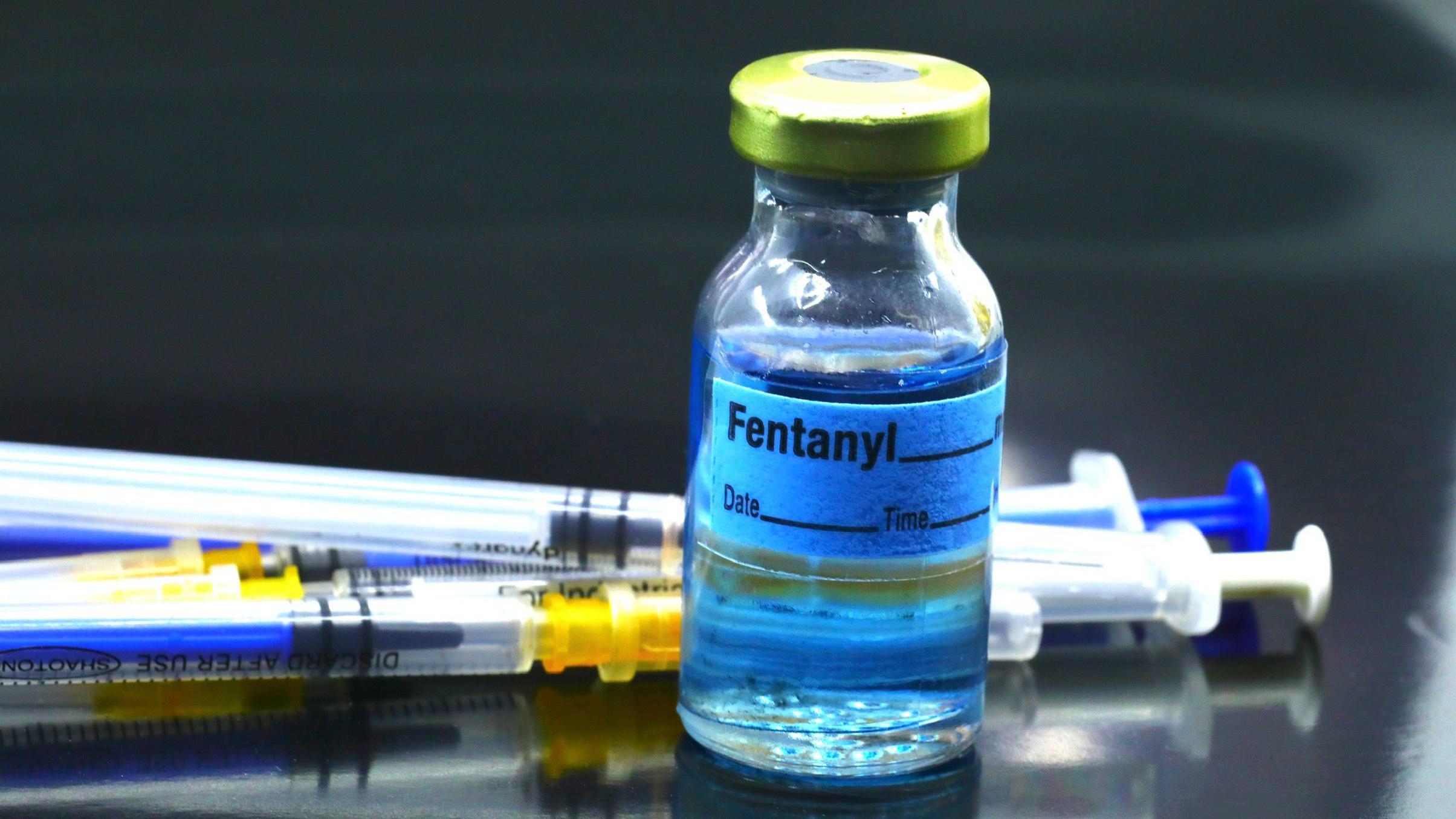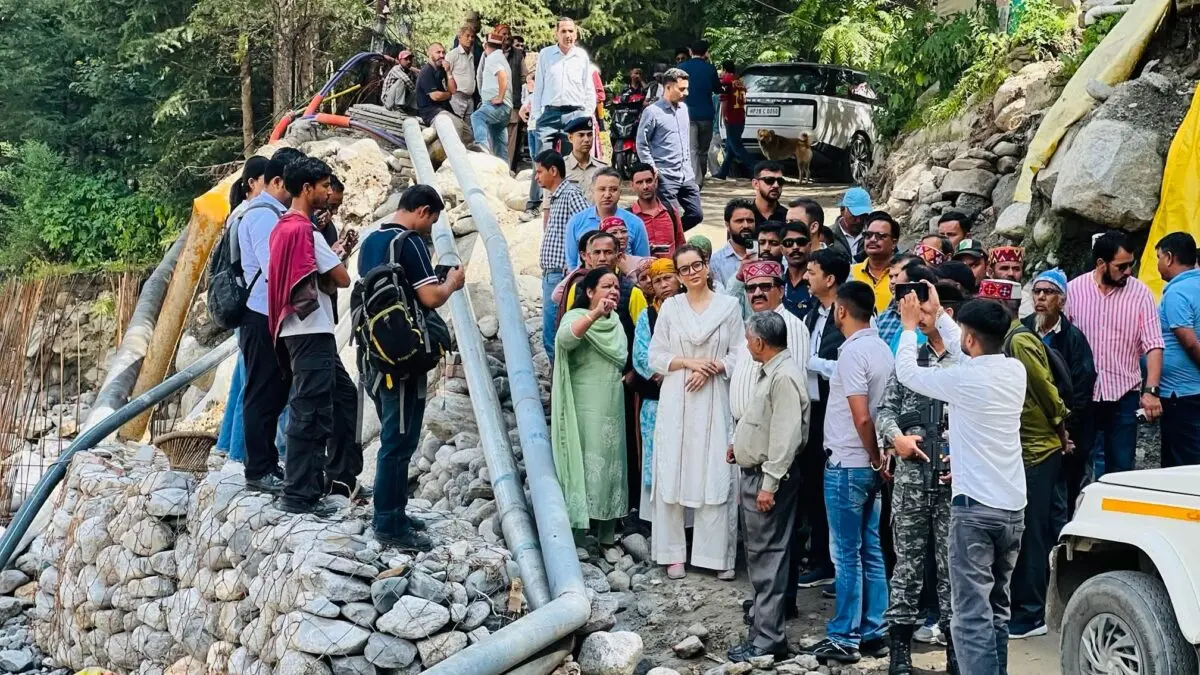Now Reading: US Revokes Visas of Indian Executives Amid Fentanyl Precursor Allegations
-
01
US Revokes Visas of Indian Executives Amid Fentanyl Precursor Allegations
US Revokes Visas of Indian Executives Amid Fentanyl Precursor Allegations

The United States has revoked and denied visas for certain Indian business executives and their family members, accusing them of involvement in trafficking fentanyl precursors. The move, announced by the US Embassy in New Delhi, is part of Washington’s broader campaign against synthetic narcotics. While identities haven’t been disclosed, the decision underscores growing scrutiny of chemical supply chains tied to public health crises abroad.
What the US Claims
The US Embassy says the visa actions target executives linked to companies believed to have trafficked precursor chemicals used in making fentanyl. These substances are not the drug itself but essential building blocks, making them easier to smuggle under looser regulatory checks. The Embassy says affected individuals and their close family members may now be ineligible for US travel.
Indian Response and Context
There has been no immediate public comment from the Indian government on who is involved or the details. Indian law does regulate chemical production and exports, but enforcement and tracking of such substances is often complex. The case raises questions about how Indian companies might be monitored for compliance, especially those dealing in international trade of industrial and pharmaceutical chemicals.
Implications for Trade and Diplomacy
This action could strain diplomatic relations to some degree, especially as trade negotiations already face tension around tariffs and export regulations. From a commercial angle, Indian businesses dealing with chemicals might see increased scrutiny from foreign regulators, which could affect export licensing, customs procedures, and risk assessments.
Relevance for Smaller Cities and Businesses
Even companies in smaller Tier 2 or Tier 3 cities that supply chemicals or raw materials may feel the ripple effects. They could be caught unaware if exporting intermediates or lesser-regulated substances used in larger supply chains. Local regulation, documentation, and transparency will matter more than ever for businesses that may not previously have faced international oversight.
Challenges in Implementation
Proving involvement in precursor trafficking is difficult: tracing the chemicals, proving intent, understanding the end use, and establishing fraudulent mislabelling or misuse are all complex. There is also the risk of innocent businesses getting entangled because of loose oversight or gaps in export monitoring.
Conclusion
This visa revocation shows how global drug policy can affect domestic business practices in India. Whether or not the allegations prove correct, the move signals that exporting chemicals—especially those with dual uses—now carries geopolitical risk. For Indian businesses everywhere, especially in smaller cities, the lesson is clear: adhere strictly to regulations, maintain transparent records, and be prepared for international accountability.
























